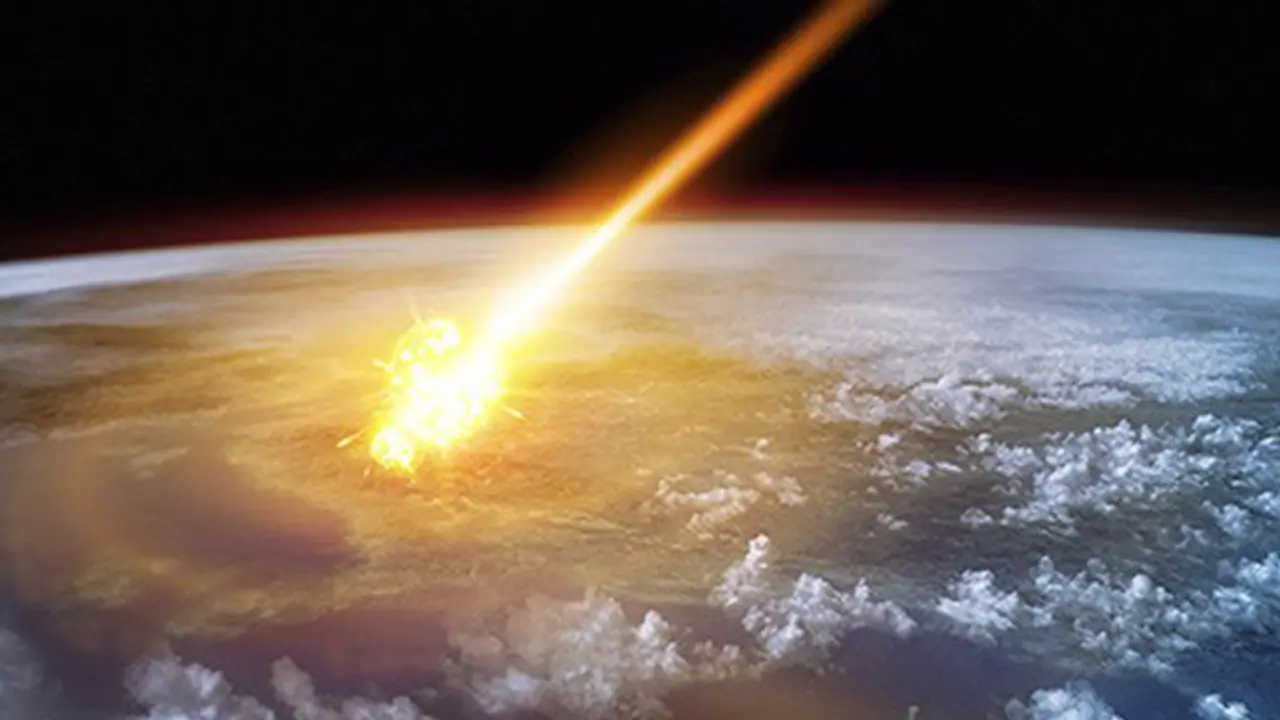Close to 15,000 scientists from 184 countries across the world has issued a dire ‘warning to humanity’ about the dangers to all of us They’ve concluded that ‘there needs to be change in order to save Earth’ Their report says that only the ozone layer has improved but every other environmental threat has gone from bad to worse
Close to 15,000 scientists from 184 countries across the world has issued a dire ‘warning to humanity’ about the dangers to all of us. They’ve concluded that ‘there needs to be change in order to save Earth’.

The warning, issued by the Alliance of World Scientists and published in the journal , comes 25 years after the first notice in 1992 when a mere 1,500 Union of Concerned Scientists issued a similar warning.
“Especially troubling is the current trajectory of potentially catastrophic climate change due to rising GHGs from burning fossil fuels (Hansen et al. 2013), deforestation (Keenan et al. 2015), and agricultural production—particularly from farming ruminants for meat consumption (Ripple et al. 2014). Moreover, we have unleashed a mass extinction event, the sixth in roughly 540 million years, wherein many current life forms could be annihilated or at least committed to extinction by the end of this century,” reads the research paper.
The report says that only the ozone layer has improved but every other threat has gone from bad to worse.
Some of the environmental concerns that have grown worse are:
Declining Freshwater availability: Per capita freshwater availability is less than half of levels of the early 1960s with many people around the world suffering from a lack of fresh clean water. It is likely that climate change will have an overwhelming impact on water availability. Future water shortages will be detrimental to humans, affecting everything from drinking water, human health, sanitation, and the production of crops for food.
Population growth: Since 1992, the human population has increased by approximately 2 billion individuals, a 35% change. There is a high likelihood that the world population will grow from 7.2 billon people now to between 9.6 and 12.3 billon by 2100.
Climate change: Global fossil-fuel carbon dioxide emissions have increased sharply since 1960. The 10 warmest years in the 136-year record have occurred since 1998. The most recent year of data, 2016, ranks as the warmest on record. Temperature increases will likely cause a decline in the world’s major food crops, an increase in the intensity of major storms, and a substantial sea level rise inundating major population centers.
Forest loss: Between 1990 and 2015, total forest area decreased from 4,128 to 3,999 million hectares, a net loss of 129 million hectares which is approximately the size of South Africa. Forest loss has been greatest in developing tropical countries where forests are now commonly converted to agriculture uses.
William Ripple of Oregon State University's College of Forestry, who started the campaign, said, “Since 1992, carbon emissions have increased 62 per cent. And the global average temperature change has paralleled that. Also since 1992, we have two billion more people on Earth, which is a 35 per cent increase."
The scientists proffered five broad solutions for Earth's environmental crisis:
- We must bring environmentally damaging activities under control to restore and protect the integrity of the earth’s systems we depend on.
We must, for example, move away from fossil fuels to more benign, inexhaustible energy sources to cut greenhouse gas emissions and the pollution of our air and water. Priority must be given to the development of energy sources matched to third world needs—small scale and relatively easy to implement.
We must halt deforestation, injury to and loss of agricultural land, and the loss of terrestrial and marine plant and animal species.
- We must manage resources crucial to human welfare more effectively.
We must give high priority to efficient use of energy, water, and other materials, including expansion of conservation and recycling.
- We must stabilize population.
This will be possible only if all nations recognize that it requires improved social and economic conditions, and the adoption of effective, voluntary family planning.
- We must reduce and eventually eliminate poverty.
"I believe we absolutely should have such bold goals for our country," says director of The Earth Institute Jeffrey Sachs. "By 2030 let’s cut the poverty at least by half."
- We must ensure sexual equality, and guarantee women control over their own reproductive decisions.
“We must continue to educate girls and women, as quickly as we can,” says Bill Nye to bigthink.com. “If women have more control over their lives and reproductive choices, the world’s resources become more ample for each individual.”
